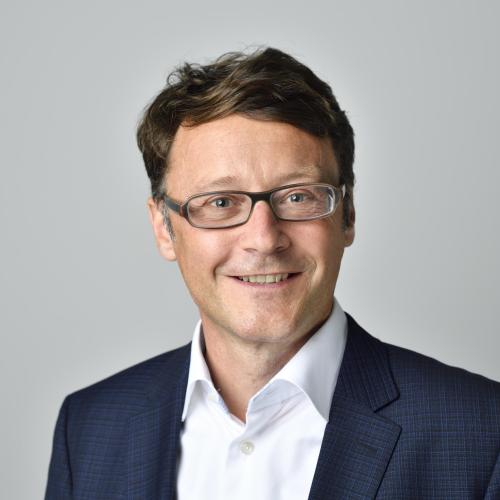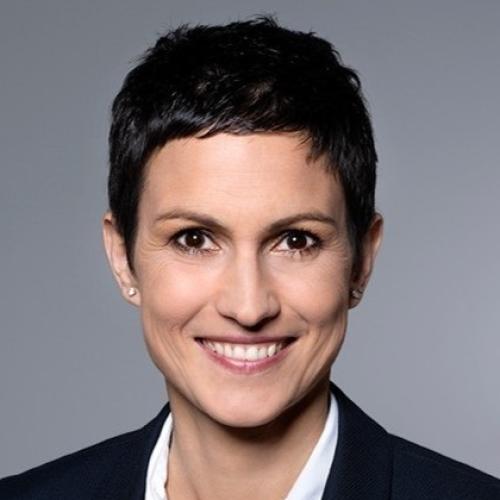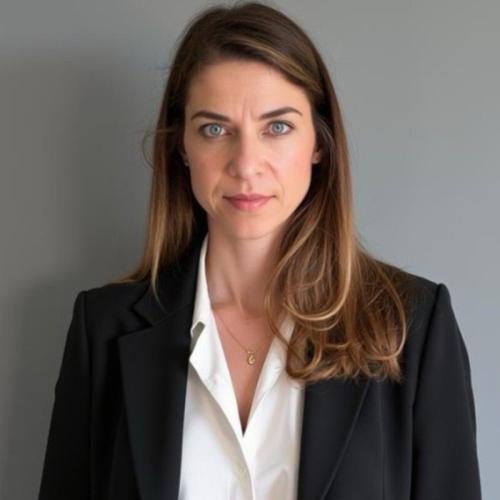Cyber incidents are no longer isolated technical disruptions— they pose significant operational, financial, reputational, and regulatory risks to organizations across industries.
With threats growing in frequency and sophistication, effective crisis management has become a critical leadership
priority.
This session will examine the real-world challenges organizations face in responding to cyberattacks, from the immediate pressure of incident containment to longterm
recovery, stakeholder communication, and regulatory compliance.
Sanctions regimes, export controls, and service prohibitions are evolving at speed - often faster than corporate governance frameworks can adapt. For Swiss and international businesses operating across holding structures, trading platforms, and complex supply chains, exposure can arise unexpectedly through subsidiaries, counterparties, or indirect ownership links. What appears compliant today can become a reputational and regulatory risk overnight.
This session brings together audit, legal, and compliance leaders to explore how organisations are identifying hidden sanctions exposure, strengthening onboarding and counterparty due diligence, and redesigning controls to address sudden regulatory shifts. With a practical, Swiss-focused lens, the discussion will examine how boards and compliance teams can move beyond traditional fraud controls to manage dynamic enforcement risk in an increasingly unpredictable environment.
As budgets tighten and expectations grow, compliance leaders are under pressure to achieve more with less. Artificial intelligence promises efficiency, speed, and sharper risk
detection - but what’s real, what’s hype, and how do you know if it’s worth the investment?
In this candid session. Senior decision markets will share how they’re assessing the true return on AI, from pilot projects to enterprise-scale rollouts. Learn what’s working, what’s not, and how to strike the right balance between innovation and prudence when integrating AI into your compliance ecosystem.

Pascal Buergin

Bettina Huwiler

Patrick Mikolaj
Secondary sanctions, tightening export controls, and shifting tariff regimes are reshaping global trade and compliance strategies. For companies operating across multiple jurisdictions, these measures create complex risks—from supply chain disruptions and market access restrictions to heightened regulatory scrutiny. This panel will explore the evolving role of secondary sanctions, how export control measures intersect with global supply chains, and the strategic challenges businesses face in balancing compliance with growth in a fragmented trade environment.

Hilary Blackburn

Jessica Kaplan
As sanctions regimes grow more complex and enforcement expectations increase, organisations are reassessing how effectively their screening frameworks reflect real-world exposure. This presentation explores how emerging technologies are being applied to sanctions screening to address industry-specific risks, operational challenges, and evolving regulatory demands. Attendees will gain insight into how organisations are adapting
screening approaches to improve accuracy, speed, and decisionmaking across different sectors.
In today’s volatile geopolitical environment, sanctions regulations are evolving at unprecedented speed, leaving organizations under constant pressure to adapt. With the U.S. Office of Foreign Assets Control (OFAC), the UK’s Office of Financial Sanctions
Implementation (OFSI), and the European Commission taking increasingly assertive stances, companies face heightened enforcement risks, overlapping obligations, and complex compliance challenges. This session provides an essential update on the latest regulatory developments and enforcement actions from the U.S., UK, and EU. Attendees will gain practical insights into managing compliance programs, mitigating enforcement risk, and ensuring operational continuity across jurisdictions.

Tim O'Toole
This session provides a critical update on recent developments in China, the Middle East, and South America -three regions where regulatory changes carry major implications for global trade, supply chains, and corporate compliance strategies. Participants will gain practical insights into adapting compliance programs, anticipating regulatory trends, and ensuring business continuity in a challenging environment.
